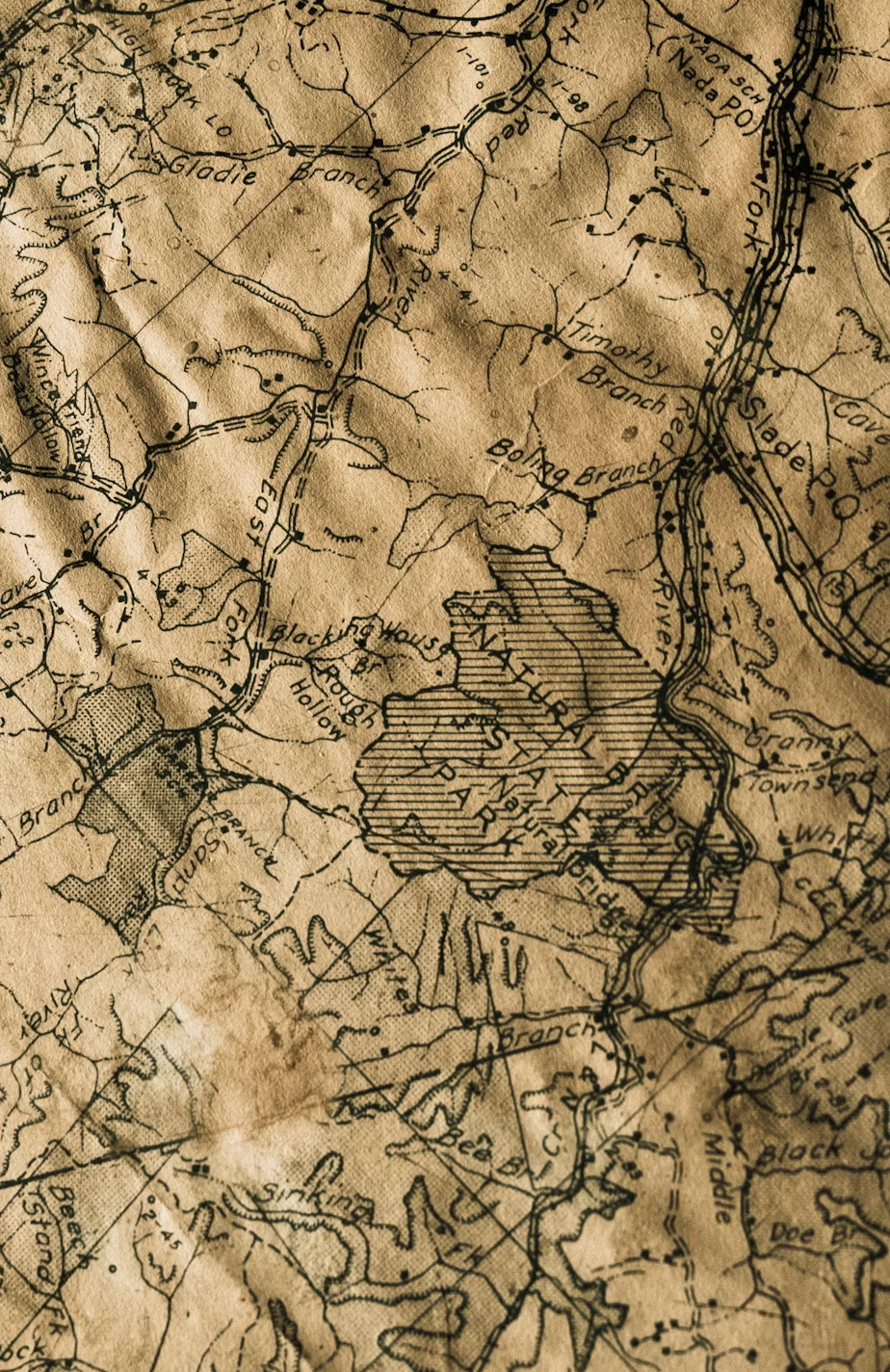Some say three, others nine. Varro claimed
one was born of water, another played daylight
like wind, invisible as the airs on Caliban’s isle.
A third made a home of the human voice singing.
Dear Hesiod, perhaps it wasn’t the Muses
you glimpsed on sodden farm fields:
barefoot, sopping wet—
but just a few village girls and cousins.
Lashes of rain, blowing mist, their arms
linked wrist by wrist
until they broke and sang. And a great haul
of wind shook the crowns of trees,
leaves twisting white, a bough cracked high.
You heard it—a shadow swayed and fell.
A red fox fairly flew through, his umber tail
flaming like the Perseids—was it then
you knew you were never alone,
that the voice welling up wasn’t strictly yours?
The girls gone. There under the dripping trees
a herd of deer, eight or nine at least.
Catherine Staples is the author of The Rattling Window and Never a Note Forfeit. Her poems have appeared in The Gettysburg Review, Kenyon Review Online, Poetry, The Southern Review, and others; new work is forthcoming at The Yale Review and Commonweal. She teaches in the Honors and English programs at Villanova University.




